So, about acupuncture...
Practiced in China and other Asian countries for thousands of years, acupuncture is a key component of Traditional Chinese Medicine (which includes Chinese herbal medicine, moxibustion, and qi gong).
Acupuncture involves stimulating specific points along meridians (also called "channels") to help provide relief from ailments that affect the body/mind. If you'd like to check out a chart of meridians and acupuncture points, see here.
Acupuncture is a safe, effective, evidence-based treatment for pain. You can read an overview of the research on acupuncture here.
From a biomedical perspective, acupuncture has three primary effects:
It relieves pain.
It reduces inflammation.
It restores homeostasis.
For more on this, please see here.
Since the 1970's, acupuncture has gained a lot of attention and respect (in Western countries) due to its effectiveness and safety. Acupuncture is used in the American military, as well as in many hospitals and detox centers across the country. There are even a gaggle of NFL players that regularly get poked!
According to the CDC's 2007 National Health Interview Survey, an estimated 3.1 million U.S. adults had used acupuncture (the number of visits to acupuncturists tripled between 1997 and 2007). More and more people get acupuncture every year, especially with the rise of community acupuncture clinics in cities throughout the US, whose mission is to increase access to healthcare in the form of acupuncture and herbal medicine.
Acupuncture (or herbal medicine) is not meant to replace biomedical care, or regular visits with your PCP. That being said, always consider trying acupuncture if you feel like your health issues have worsened/plateaued, or if you feel like you've run out of options within the model of conventional care.
Does acupuncture hurt?
This is the most common question we get. And the answer is NO, it should NOT hurt!
In fact, most people who come for acupuncture fall asleep within the first 15 minutes. That's why some community acupuncture clinics use the tagline, NAP TIME FOR ADULTS.
Receiving acupuncture can be a sensory experience. Patients often use the following words to describe the “qi sensation”: moving, heavy, tingly, light, floaty. Many patients also report seeing lots of cool colors.
Whatever the experience, it should be a positive one. If something feels uncomfortable, let us know and we’ll fix it!
Are the needles reused?
NO!
The FDA regulates acupuncture needles as medical devices. All needles are single-use, sterile, surgical-grade stainless steel.
Can acupuncture help with X, Y, or Z?
Traditional Chinese Medicine (which includes acupuncture and Chinese herbalism) is an entire system of medicine. It's designed to treat any imbalance in the body and/or mind.
The most common things we see in the clinic? Anxiety, musculoskeletal pain, depression, insomnia, and GI issues, in that order. We also commonly see patients for fertility support, migraines and headaches, menstrual irregularities, PTSD, neuropathy, fibromyalgia, post-chemo fatigue and nausea, and chronic Lyme disease/post-treatment Lyme disease.
The NADA protocol, a simple treatment in the auricle of the ear, can be profoundly supportive in the treatment for people in recovery as well as for people dealing with PTSD.
Is there research to support the use of acupuncture?
Great question! Start here.





